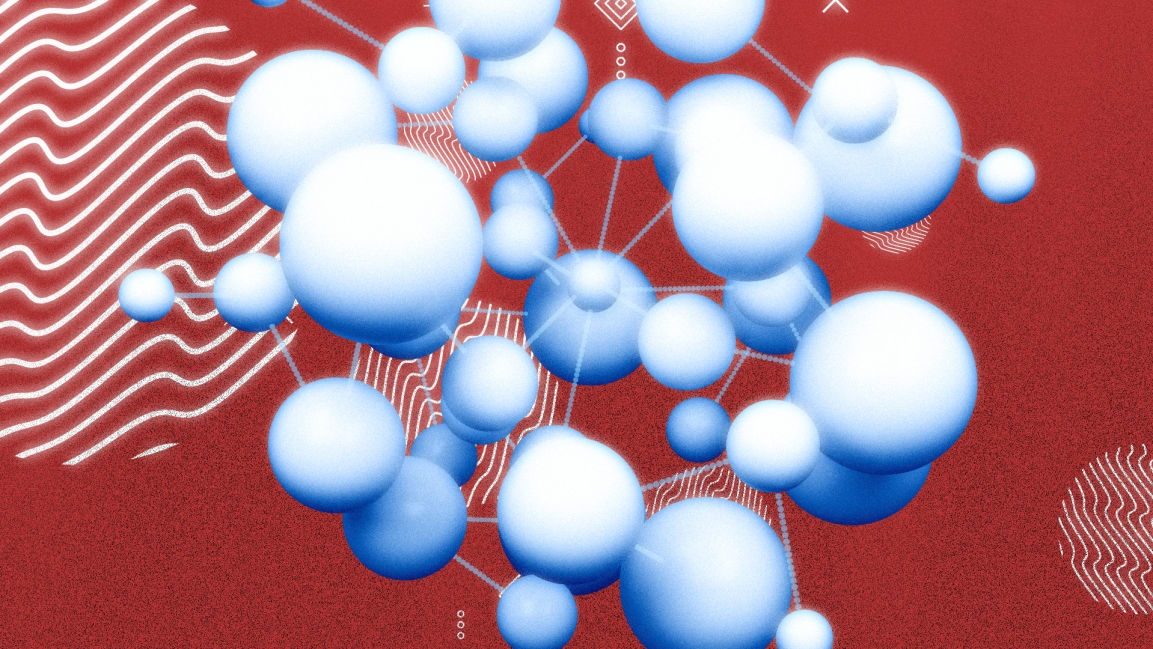In 2018, science started to make a comeback
2018 will be remembered as the year the world stood at a crossroads, politically, economically, and–thanks to the threat of climate change–mortally. It’s heavy out there; just tuning out the news feels like a form of self-care. But in one big, easily overlooked respect, there’s reason for celebration: the resurgence of science.
The last 30 years have in many ways represented a dichotomy in the world of science: As advances in technology and innovation have enabled historic leaps in scientific understanding and capabilities, that same science has been systematically distorted and mocked. But in retracing the path of science’s marginalization, you find a beacon of hope for its–and our–future.

Bipartisan trust in the scientific community was widespread in 1974, across all political ideologies. For many reasons that political scientists are still debating, that neutral, deferential view of scientists began to unravel in the 1980s.
Beginning with the elevation of anti-evolution activists, elected officials spent the 1980s and 1990s passing a slew of anti-science laws that had the effect of quarantining knowledge from the public. Congress’s bipartisan Office of Technology Assessment, formed in 1972 to provide lawmakers with the latest scientific consensus on issues from health care to criminal justice data to climate change, was abolished by the Newt Gingrich-led House in 1995. The next year, the same Congress effectively banned the Centers for Disease Control from conducting research into gun violence with the passage of the Dickey Amendment, pushed for by the National Rifle Association after a 1993 study determined guns in the home put families at risk.

But perhaps no data have incurred more wrath than the science of climate change. The fact of carbon emissions’ harm to Earth’s climate has been the target of a coordinated, sustained misinformation campaign since scientists first sounded the alarm in 1988. Talking heads inundated the public discourse to question the legitimacy of climate science; state and federal elected officials kneecapped further research and response proposals and sought to bury new reports on climate change; climate scientists saw their qualifications and even personal lives scrutinized; even semantics were under assault, as the term “global warming” was mocked at the first sign of snow.
Federal funding for science and research as a percentage of national GDP dropped more than 50% from 1967 to 2007.
These Dark Ages culminated in science denial being boasted about as a badge of honor to win political campaigns–even the Oval Office. The White House has gutted the EPA’s access to scientific research in the formulation of rules to protect public and environmental health. The president has publicly rebuked a landmark climate report from his own administration warning of looming catastrophe, saying plainly, “I don’t believe it.”

But just as the moral arc of the universe bends toward justice, the knowledge arc of the universe bends toward the light. The White House may be a temporarily lost cause, but pause to really look at these other institutions. Those that questioned science (December 25, 2018) are on the precipice of exalting it tomorrow.
Everyone knows Democrats took back the House in the 2018 midterm elections. But look closer: A record number of candidates from scientific backgrounds ran for office–and won. The next Congress will welcome seven scientists and two STEM professionals, including a nuclear engineer, an ocean engineer, a biochemist, and pediatrician. It’s not just in Washington, but in the states, too. Around the country, at least seven gubernatorial candidates ran and won on aggressive clean energy platforms.
These successes are a call to action from voters, a call that’s being echoed in the marketplace. Americans are increasingly demanding and rewarding corporate action on the environment–which is due to both an increased acceptance that climate change is real and caused by man and a very real feeling of anxiety felt by the vast majority (82%) of millennial parents about the future for their children.
A wave of international and high-profile corporations have begun embracing science as a driver of social activism and consumer loyalty. Entire ad campaigns and marketing strategies are being built around environmental initiatives. Look at Patagonia, which pledged to donate the $10 million it saved in new tax breaks to environmental groups working to mitigate the effects of climate change. The outdoor company cited the dire aforementioned climate report and subsequent dismissal by the White House as motivators behind its donation, urging other companies in positions of power to act even if the government does not.
Admittedly, we have a long way to go restoring science to its rightful place, and a short time to get there. But in a time of chaos, when everything from our politics to our planet can make you feel lost, it’s more important than ever to celebrate the wins. Science started making a comeback this year.
Suzanne Shelton is president and CEO of Shelton Group, the nation’s leading marketing communications agency focused exclusively on energy and the environment. A copy of Eco Pulse can be downloaded here, and a copy of the Millennial Pulse can be downloaded here.
(16)



